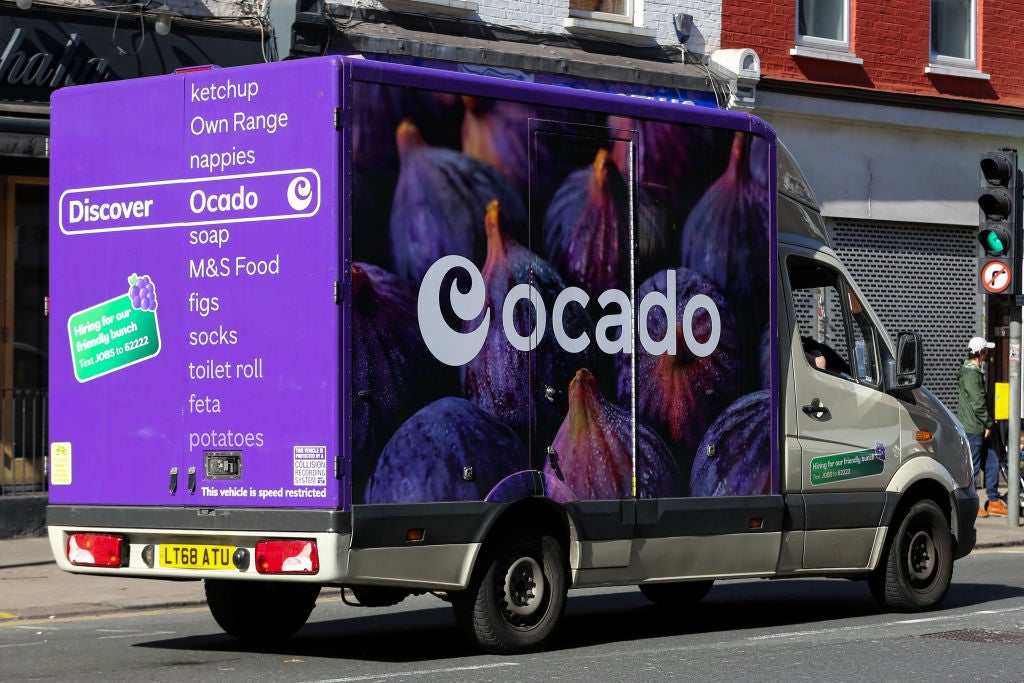
After a couple of false starts (and then a few more) could transport tech finally be about to transform cities around the world into futuristic wonderlands? (or hellish nightmares, depending on your point of view.)
Probably not, it seems.

What transport technology will dominate city centres in the next five years, was the question posed at the Transport Ticketing Global expo, held this week in London.
Just before midday on day two, a panel discussion was convened to give an eagerly anticipated answer.
When it came, it was not what many had expected.
How well do you really know your competitors?
Access the most comprehensive Company Profiles on the market, powered by GlobalData. Save hours of research. Gain competitive edge.

Thank you!
Your download email will arrive shortly
Not ready to buy yet? Download a free sample
We are confident about the unique quality of our Company Profiles. However, we want you to make the most beneficial decision for your business, so we offer a free sample that you can download by submitting the below form
By GlobalDataThere was broad agreement amongst the panellists — featuring train and bus operators, entrepreneurs and mobile ticketing companies — that paper tickets and cash payments will, despite what many have said, remain the dominant, albeit weakened, way of paying for travel.
Never mind the growth in mobile ticket apps or smartcards and contactless; the death of the tangerine ticket could have been announced far too soon.
Eliminating it completely will take time, argued the panel, and it is not always a technology issue, often it can be political, social, or organisational obstacles in the way.
However, we are beginning to see a shift to what is called account-based ticketing. This means moving travel information and the right to travel from a card or ticket and into a back office account.
Masabi, which has systems in place with 25 transport agencies worldwide, describes it on their official website as follows: “[The] right to travel is managed by the central back office.
“Passengers are able to use what they have in their pocket to travel, be it… a smartcard, phone or a smart wearable, and the payment will link with their ‘account’ residing in the back office.”
At the expo, stand after stand demonstrated similar operations. So while paper tickets will be around for some time yet, account ticketing could become the dominant transport technology.
Just not in the next five years.







